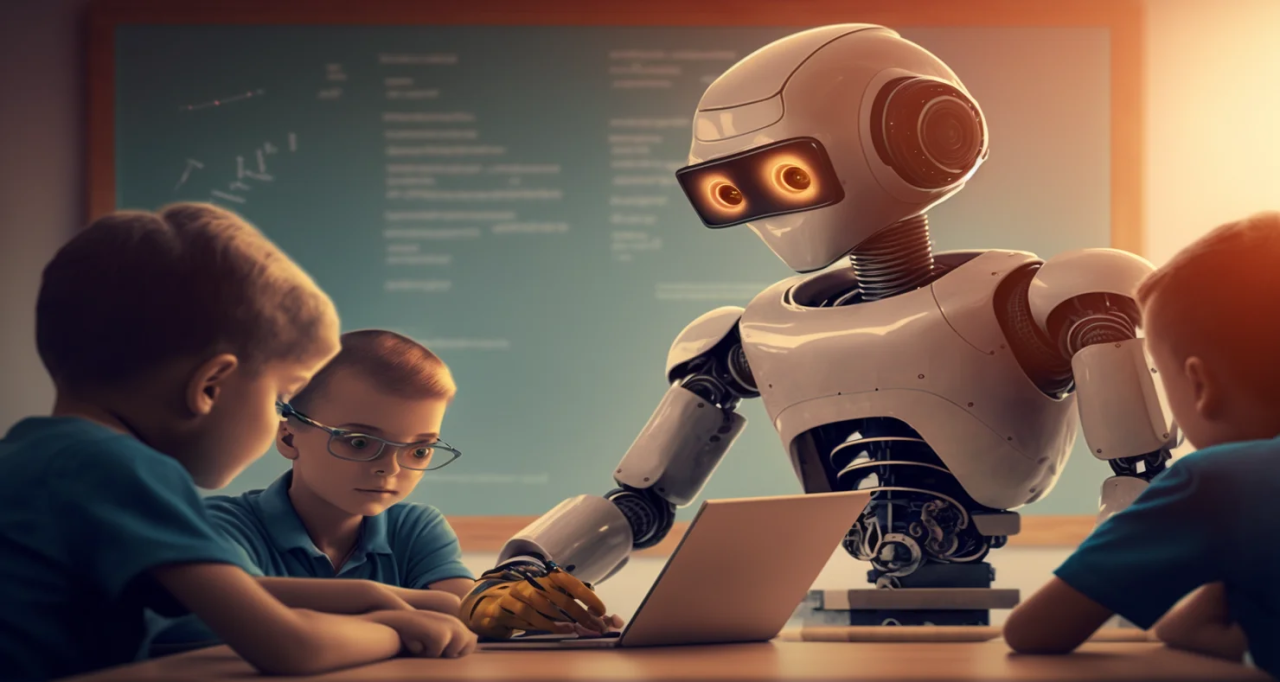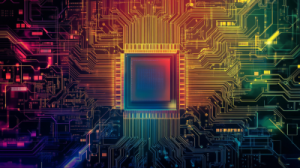Blog Credit : Trupti Thakur
Image Courtesy : Google
Education And Artificial Intelligence
When ChatGPT was launched in November 2022, it sparked a lot of discussion in the field of education. Many people were worried about the impact it would have on the honesty and originality of student work. Teachers found it challenging to tell the difference between work written by students and content generated by AI.
Challenges in Education
Attempts to ban AI tools like ChatGPT in schools didn’t work well because students quickly found ways to get around these restrictions. In response, some teachers decided to include these AI tools in their assignments, asking students to analyze and critique the AI’s output.
Generative AI: Pros and Cons
As more people started using AI, its negative aspects became more noticeable. There were cases where AI provided incorrect information or “hallucinated” facts, showing the limits of this technology. While AI offers many benefits, it also comes with risks, much like a double-edged sword.
Student Usage Patterns
A study showed that about 60% of high-school students surveyed admitted to using ChatGPT for different assignments, even though many knew it could be considered cheating. However, some students positively used AI to help them learn better.
Potential in Education
AI can greatly improve personalized learning by offering instant feedback and helping students with special needs. For example, there are AI tools that can correct reading mistakes in real time or check grammar, which can make learning more engaging. To get the most out of AI in education while reducing its misuse, real-time assessments like interviews might help teachers better understand how well students are grasping the material.
The Teacher’s Role
Despite the advancements in AI, it cannot replace the human element of teaching. The COVID-19 pandemic showed us how important personal interaction and emotional connection are in education—things that AI cannot provide. There are also major privacy concerns when it comes to AI tools collecting sensitive personal data. It’s important to figure out who owns this data and to ensure that it is managed securely and not influenced by commercial interests.
Call for Diverse Voices
As AI becomes more integrated into education, it is crucial for teachers, parents, and other stakeholders to actively shape its role. A combined effort is necessary to ensure that the future of education prioritizes the well-being and rights of students.
Blog By : Trupti Thakur

06
AugEducation And AI
Aug 06, 2024Recent Blog
The ITES-QApr 17, 2025
The UPI Circle Of PhonePeApr 16, 2025
Dangerous AI In HealthcareApr 15, 2025
Google’s Iron Wood ChipApr 14, 2025
World’s First 3D Printed Train StationApr 11, 2025




